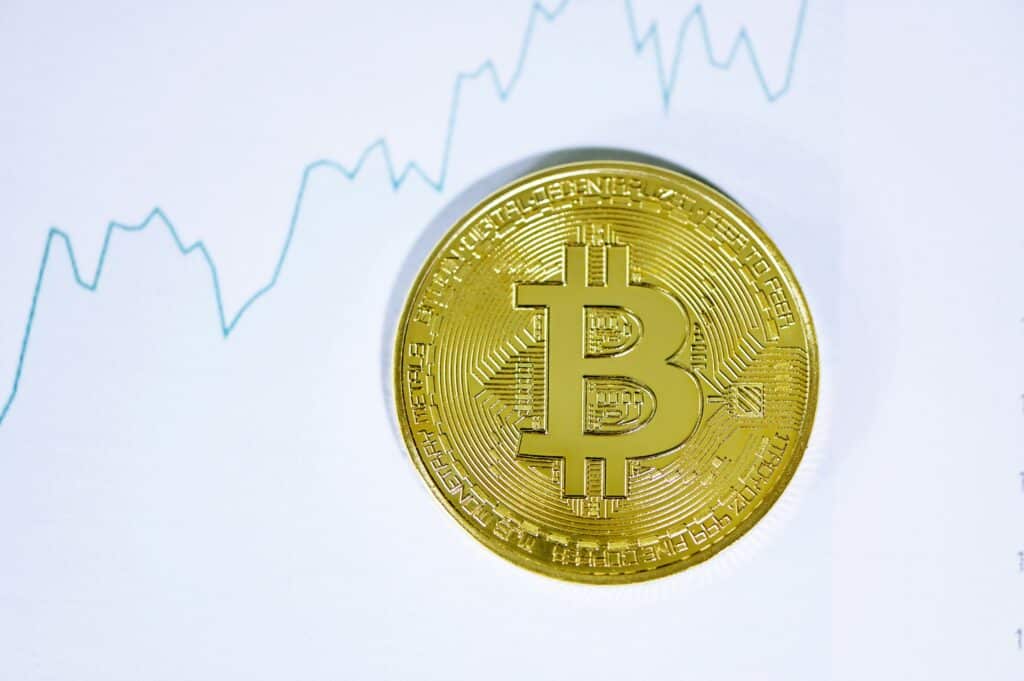Cryptocurrency has taken the financial world by storm, with Bitcoin leading the charge. In recent years, however, a new player has entered the scene – altcoins.
In this article, we’ll explore the intricate relationship between Bitcoin and altcoins, understanding what altcoins are and how they can contribute to your crypto wealth. Gaining a clearer understanding of effective strategies in cryptocurrency is made accessible through Astral Edge, an Investment Education Firm.
IMAGE: UNSPLASH
Understanding Altcoins
Defining Altcoins
Altcoins are cryptocurrencies other than Bitcoin. While Bitcoin was the first and remains the most well-known, there are thousands of altcoins with unique features and purposes.
Types of Altcoins
Utility Tokens: These altcoins are primarily used to access specific functions within a blockchain ecosystem, such as paying for transaction fees or interacting with decentralized applications (dApps).
Security Tokens: These represent ownership in a real-world asset, offering investors a way to digitize and trade traditional assets like real estate or company shares.
Stablecoins: Designed to maintain a stable value, stablecoins are often pegged to fiat currencies like the US Dollar or commodities.
Privacy Coins: Privacy-focused altcoins aim to provide enhanced anonymity and fungibility for users, making transactions more confidential.
Historical Evolution of Altcoins
Altcoins have evolved significantly since Bitcoin’s inception in 2009. Early altcoins like Litecoin and Ripple aimed to address Bitcoin’s limitations, such as transaction speed and scalability.
The Role of Altcoins in the Crypto Ecosystem
Altcoins play diverse roles within the cryptocurrency ecosystem. They offer technological innovations, use cases beyond currency, and investment opportunities beyond Bitcoin.
Altcoins As Investment Opportunities
Altcoin Investment Strategies
Diversification: Altcoins allow investors to diversify their crypto portfolios, spreading risk across different assets.
Risk and Reward: Altcoins come with varying degrees of risk, offering the potential for substantial rewards but also higher volatility.
HODLing vs. Trading: Investors can choose to hold (HODL) altcoins for the long term or engage in active trading to capitalize on price fluctuations.
Prominent Altcoins in the Market
Ethereum (ETH): Ethereum introduced the concept of smart contracts, enabling the creation of decentralized applications and paving the way for DeFi and NFTs.
Binance Coin (BNB): Binance Coin powers the Binance exchange and offers various utilities, including reduced trading fees and participation in token sales.
Cardano (ADA): Cardano focuses on scalability, sustainability, and interoperability, offering a platform for smart contracts and dApps.
Solana (SOL): Solana boasts high transaction throughput and low fees, attracting DeFi projects and developers.
Altcoin Performance Metrics
Market Capitalization: Market cap indicates the total value of an altcoin’s circulating supply, providing insights into its relative size within the market.
Trading Volume: High trading volume signals liquidity and active market participation.
Price Volatility: Altcoins can experience substantial price fluctuations, offering both opportunities and risks for investors.
The Altcoin Landscape
Altcoin Projects and Use Cases
DeFi (Decentralized Finance): Altcoins like Aave, Compound, and Maker enable decentralized lending, borrowing, and yield farming.
NFTs (Non-Fungible Tokens): Altcoins like Enjin Coin and Flow power NFT marketplaces, allowing the creation and trading of unique digital assets.
Smart Contracts: Altcoins like Polkadot and Tezos offer platforms for building and executing smart contracts.
Privacy and Anonymity: Monero and Zcash are examples of altcoins that prioritize privacy features in transactions.
Altcoins and Technological Innovation
Scalability Solutions: Altcoins like Polygon and Avalanche seek to address scalability issues, improving transaction throughput.
Interoperability: Altcoins like Cosmos aim to create interoperable networks that can communicate with each other seamlessly.
Governance Models: Some altcoins experiment with decentralized governance mechanisms, giving token holders a say in protocol changes.
Risks And Challenges
Market Volatility: Altcoins can experience extreme price swings, posing risks to investors’ capital.
Regulatory Concerns: Evolving regulations in different countries can impact the legality and use of certain altcoins.
Security Risks: Altcoin projects can face security vulnerabilities and hacks, leading to financial losses.
Altcoin Scams and Pump-and-Dump Schemes: Investors should be cautious of fraudulent altcoin projects and market manipulation.
Altcoin Market Cycles: Altcoin markets often follow distinct cycles, including bull runs and bear markets, influencing investment decisions.
Building A Diverse Crypto Portfolio
Balancing Bitcoin and Altcoins
Investors can achieve diversification by including a mix of Bitcoin and carefully selected altcoins in their portfolios.
Portfolio Management Strategies
Dollar-Cost Averaging (DCA): Investing a fixed amount of money at regular intervals can help reduce the impact of market volatility.
Rebalancing: Periodically adjusting the portfolio’s asset allocation can maintain the desired risk-return profile.
Exit Strategies: Having clear exit strategies, such as setting price targets or stop-loss orders, is essential to protect investments.
Conclusion
In the ever-evolving world of cryptocurrency, altcoins have emerged as significant players, offering diverse opportunities and challenges. To navigate this landscape successfully, it’s crucial to conduct thorough research, understand each altcoin’s purpose, and adopt a well-defined investment strategy.
The future of Bitcoin and altcoins remains dynamic, promising exciting developments and opportunities for those willing to explore this mosaic of crypto wealth.
Disclaimer: The above references an opinion of the author and is for information purposes only. It is not intended to be investment advice. Seek a duly licensed professional for investment advice. Invest responsibly and never invest more than you can afford to lose.
IMAGE: UNSPLASH
If you are interested in even more business-related articles and information from us here at Bit Rebels, then we have a lot to choose from.


COMMENTS